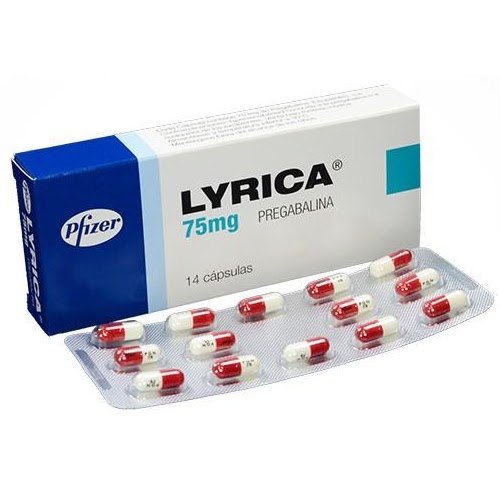Lyrica is a controlled substance that falls under schedule V classification. Some patients develop a dependence, requiring help to stop using it.

Lyrica is a controlled substance that belongs to a class of medications rated as having the lowest potential for abuse. Lyrica isn’t a narcotic, but it does produce similar effects.
People with a history of alcohol or drug abuse are at a greater risk of abusing Lyrica. Additionally, researchers have received reports of physical and/or psychological dependence.
Every year, thousands of people abuse prescription medications at least once, according to statistics from the National Institute on Drug Abuse. Understanding how your medications work and taking them according to your doctor’s instructions are two critical steps in minimizing the risk of abusing Lyrica.
Why Is Lyrica a Controlled Substance?
Lyrica is a Schedule V drug, which places it among those with the lowest potential for abuse. For this reason, research on the prevalence of Lyrica addiction has been minimal.
Studies do show that Lyrica produces psychoactive effects, such as euphoria, that are similar to those produced by other controlled substances. Reports have surfaced of patients abusing the medication. Research also suggests that although Lyrica is considered a controlled substance, it could serve as a viable substitute for medications that put patients at higher risk of abuse and addiction, including benzodiazepines and opioids.
What Is in Lyrica That Makes It a Controlled Substance?
So, what’s in Lyrica that makes it a controlled substance? This prescription medication, known as pregabalin in its generic form, isn’t a narcotic.
It’s a gamma-amino-butyric acid (GABA) analog that’s roughly three to four times more potent than its predecessor, gabapentin, according to research published by the U.S. National Library of Medicine. It works by powerfully binding to components of the nervous system to soothe damaged or overactive nerves.
Side effects like dizziness and sleepiness could increase if you take Lyrica with alcohol or narcotic medications.
Although more research on Lyrica withdrawal is needed to fully understand the risks, patients who stop taking it without tapering the dosage over time could experience various withdrawal symptoms.